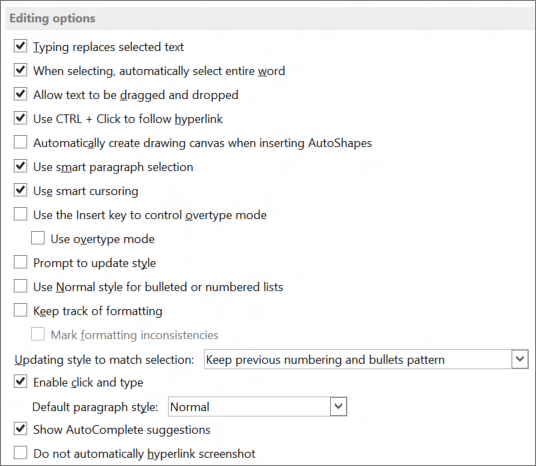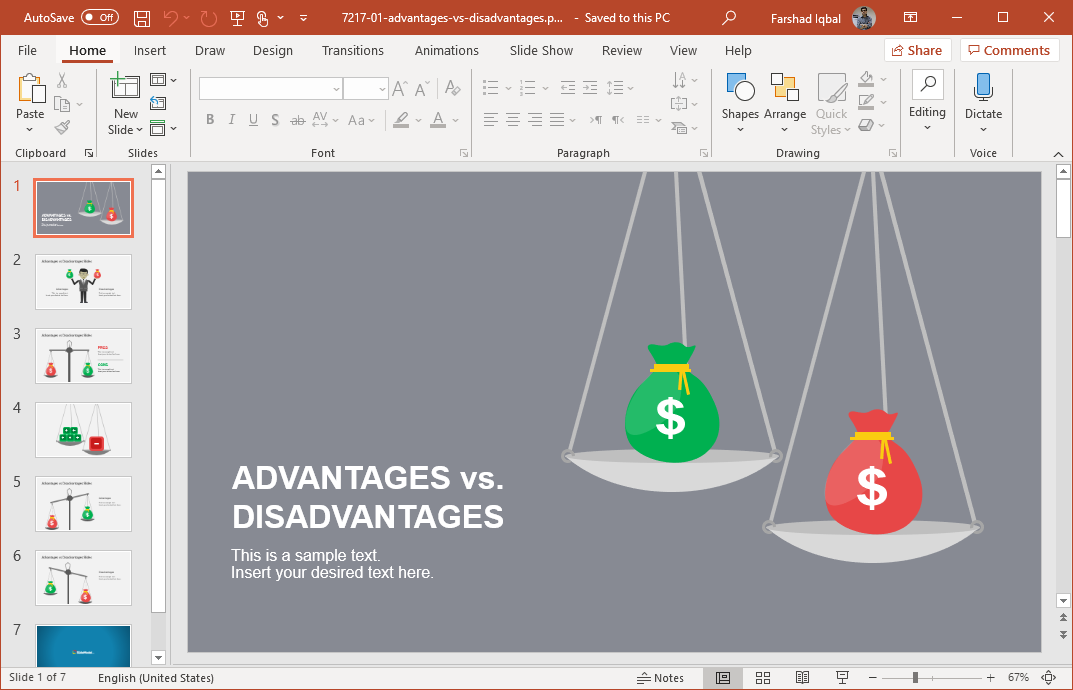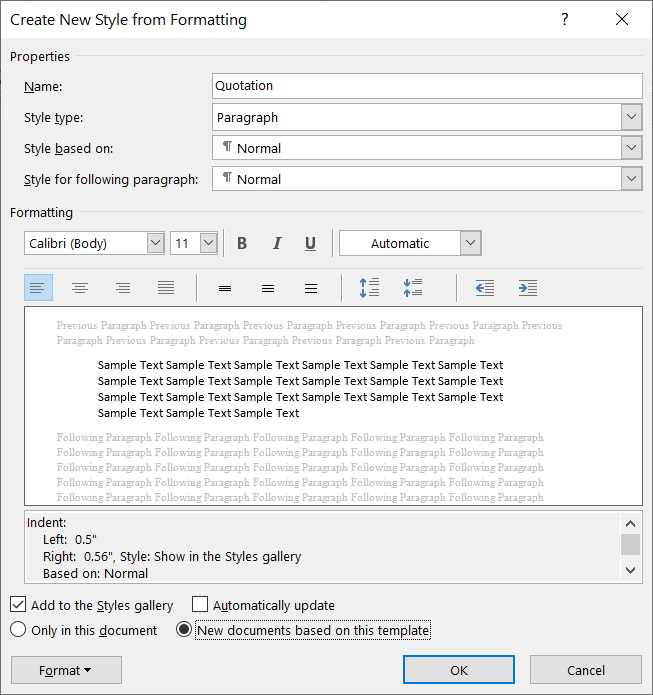
When I’m edited in Word, I immediately want to walk off a project. When I’m edited in Google Docs, I feel like my editor is the most laid back boss in the world.

Instead, it reads like fistfight over the Oxford comma (does the default color scheme really need to be “you got an answer wrong” red?). Track Changes is meant to be a handy way to follow collaborative edits. No change is too small to pass without the writer’s explicit approval, and the editor is psychopathically unwilling to accept a blanket concession. Word’s idea of effective collaboration is its Track Changes feature, which makes an uneventful edit read like a color-coded transcript of an argument between the world’s most narcissistic writer and the world’s most pedantic and passive-aggressive copy editor. That’s eight pages of jargon solely explaining how the original pasted text is meant to appear in Word!Īnd then he moves to my personal, biggest pet peeve: Track Changes. And when it doesn’t, well, Scocca cites pasting a piece of text that inserted eight pages of this metadata into his work. When Word’s web approach “works,” we can copy and paste a hyperlink into the document…a hyperlink that no one would ever open on paper.

Its document-formatting mission means that every piece of text it creates is thickly wrapped in metadata, layer on layer of invisible, unnecessary instructions about how the words should look on paper. And Microsoft Word is an atrocious tool for Web writing. Slate’s Tom Scocca argues the point with cutting prose in his recent article, “ Death to Word,” lamenting everything we’ve all come to hate about the product–namely, a dichotomy between desktop publishing and web publishing–and all of the annoying workarounds it necessitates.ĭesktop publishing has given way to laptop or smartphone publishing. That also means the product has ignored the most important two decades in all of computing. That means its core functions are timelessly usable.

You never bothered to update because Word hasn’t fundamentally changed in the last 20 years.

Why doesn’t Word exist where most people are actually writing?


 0 kommentar(er)
0 kommentar(er)
